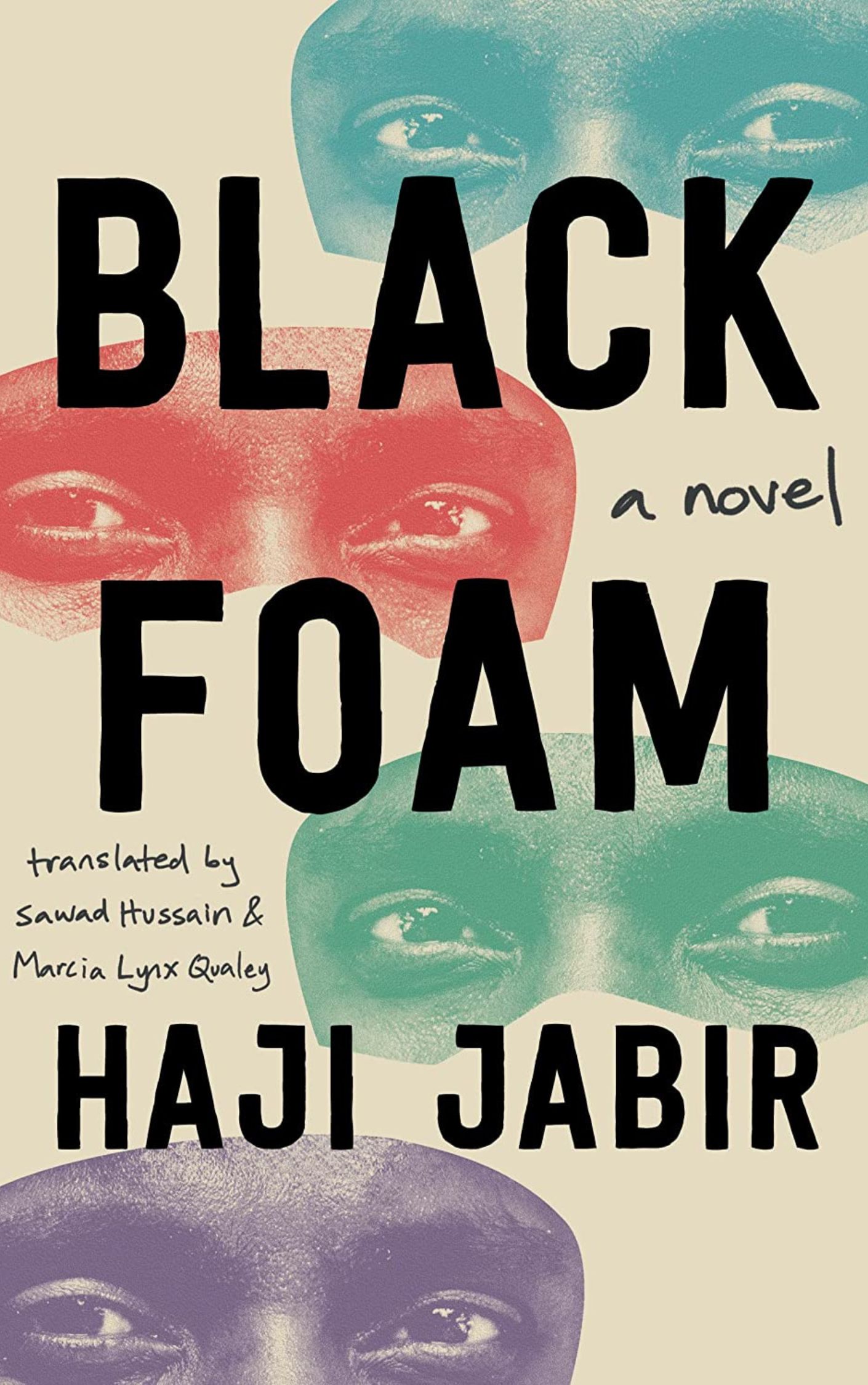
Black Foam is as intriguing as the title is alluring. Published by Amazon Crossing earlier this month, it tells the story of an Eritrean man named Dawoud and his quest to find home and belonging as he migrates across North Africa and Israel.
Originally published in 2018, Black Foam is the 5th novel by Doha-based Eritrean novelist Haji Jabir. The novel was originally published in Arabic and is the first Eritrean novel to be longlisted for the International Prize for Arabic Fiction. We have an English version of the book thanks to the brilliant translation by Sawad Hussain and Marcia Lynx Qualey.
The main character, Dawoud, is on the run from his dark past and wants to find a place where he belongs. Although he is not a Jew, Dawoud invents a new identity, Dawit, so he can join a group of Ethiopian Jews, the Falash Mura, and emigrate to Israel in search of a better life. However, on arriving in Israel, he faces the trials and suffering experienced by dark-skinned immigrants in the country. This prejudice holds him back from creating a simple life he can call his own.
He undergoes multiple transformations, changing aspects of himself–his name, dressing, religion–to find belonging in worlds that insist on excluding him. At some point his name is David, Adal, or Dawit, depending on where he is. As is captured in the quote below, the novel is captivating for the ways it features a character who has so many layers, so many back stories, and, at the same time, is driven by the powerful instinct to survive.
This feeling put him so much at ease that he even dared tell Yaqub his forbidden story. He told Yaqub how he’d left Eritrea with one name and entered Ethiopia with another before heading out with a third name on the journey to Isreal from the Gondar refugee camp. He hesitated, unsure whether to tell his friend that before all this he’d had a fourth name, which had nothing to do with all the others.
In this journey of constant self-redefinition, Dawoud encounters an unforgettable cast of characters who shape his experience of the many worlds he encounters.
Black Foam was inspired by personal experience. In an interview, Jabir relates an incident about the killing of an Eritrean immigrant by Isreali soldiers and how this spurred his decision to shine a light on the injustices faced by migrant communities:
In 2015, I was affected by the killing of an Eritrean immigrant at the hands of Israeli forces—they thought they were killing a Palestinian who they’d been chasing. I was affected not only by the incident, but also by the reactions that followed it, which belittled and even ridiculed the news, because the dead man was an undocumented migrant.
I expressed my sadness and my anger in a long article, in which I explained the reasons that Eritreans immigrate to Palestine, but that was not enough to empty my feelings. A novel was the perfect way to say all the things that had remained stuck in my mind. Still, it wasn’t easy, since it was important not just to vent my emotions and write something like an angry screed. It was important that art not be absent while I was writing with anger and sadness. That’s is why I ended up dedicating the novel to the soul of the murdered Eritrean man, Habtom Weldi Mikael.
Ultimately, Black Foam is a story about survival in the face of insurmountable odds. One of Dawoud’s intriguing attributes is his chameleon-like nature, how he is able to inhabit identities as the shifting circumstances of life dictate. But Jabir is very careful not to portray Dawoud as a lost individual or a tragic figure. Dawoud’s shifting identities come from a place of ingenuity, resilience, and fulfils the all-too-human dream and desire for belonging.
Jabir’s sympathetic and powerful representation of a refugee’s life honors the experiences of migrants across the world who are trying to find peace and safety in our current moment. The protagonist Dawoud’s journey may be circuitous and filled with challenges, but he has the universal right to desire and choose where he wants to call home.
Black Foam is a brilliant addition to that genre of African fiction that explores the meaning of home and belonging from a migrant character’s perspective such as Saleh Addonia’s The Feeling House and JJ Bola’s The Selfless Act of Breathing.
***
Buy Black Foam: | Amazon (US) | Barnes & Noble (US) | Amazon (UK)


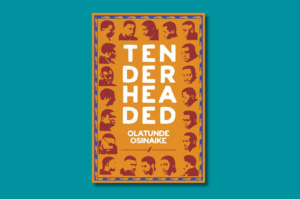
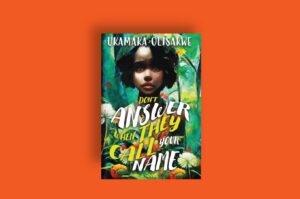

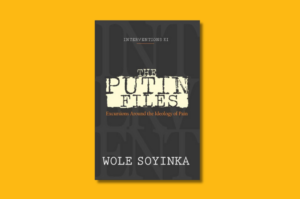
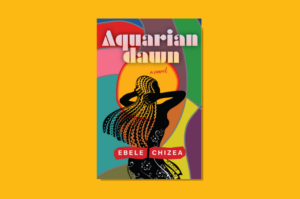
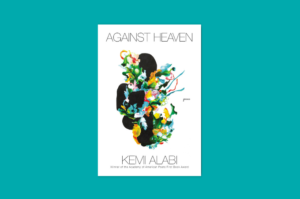

COMMENTS -
Reader Interactions